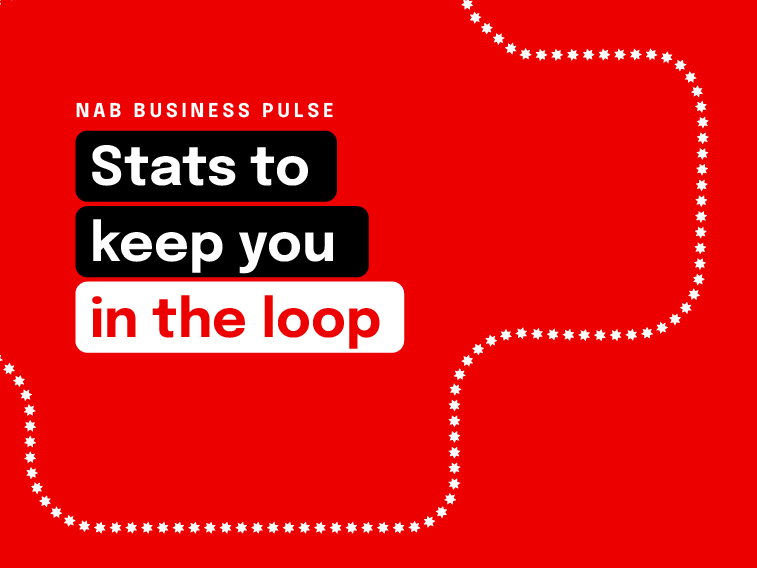Change is a constant in our global environment, but that's all the more reason to keep moving forward on your terms.


Article
Patricia Ilhan, founder of the Australian Food Allergy Foundation and Kathy Alexander, Chair of Administrators, City of Greater Geelong - discover the key to their success.
This content was produced in commercial partnership with NAB and the Financial Review.
Learning her daughter had a severe allergy to tree nuts led entrepreneur Patricia Ilhan to found the Australian Food Allergy Foundation in 2006. With a generous $1 million donation from her husband John Ilhan, the founder of Crazy John’s phones, she has since donated more than $2 million to research to help find a cure for children suffering from anaphylaxis.
Passion for a cause is something that also influenced the chair of administrators of the City of Greater Geelong, Kathy Alexander. As CEO of the Royal Children’s and Royal Women’s Hospitals Melbourne from 2000 to 2004, Alexander’s passion lies in providing good public health services.
When she commenced her role there, only to learn the hospitals were millions of dollars in deficit, her passion was a driving force in the decisions she made as a leader.
“It was about, my God, how could this have happened to two such amazingly good institutions, this can’t happen, this will destroy both of these institutions, and I have to do something to save them. I kept that goal in sight, that goal of providing effective healthcare for women and children in Victoria was the fundamental driver for me to actually sit down and think, okay here’s the three big things [I need to do].”
As part of The Australian Financial Review and NAB Private mini-series on leadership in the new age, Ilhan and Alexander sat down earlier this month for a candid discussion about career lessons and insights.
Both leaders insisted replacing the CEO of an organisation after 5 or 10 years was critical to the success of a company.
“I actually think 10 years is too long for one CEO,” says Ilhan, who recently hired Andrew Heslop to head the Australian Food Allergy Foundation. “I think it should be no more than five. That way, as technology’s changing and the whole environment’s changing around you, you have the opportunity to employ someone that has those skills you need for the next five years.
“This is the age of social media,” she adds. “Within a month of him starting, we were on Twitter, Instagram, Facebook, we never had any presence on social media prior to him coming on board.”
Alexander agrees employing the right people is crucial. “Being a leader doesn’t mean doing it all,” she says. “Being a leader means identifying and assisting the organisation to be very, very clear about the purpose of the organisation in whatever business it’s in. It’s a person who knows how to structure people in groups so that they can work productively together, and usually that means in a multidisciplinary way.”
Equally as important, is admitting when you’ve got the wrong people around you. “I can think of two occasions where I didn’t have the right people and I didn’t do anything about it,” admits Alexander. “I kept trying; I was trying to be too nice, whereas really I should have given them one chance and they’re gone. I wasn’t decisive enough early enough to ensure that I had the most effective team around me.”
As a result, she says she was being undermined in one area and didn’t move as fast or as smoothly as she could have. “It was potentially very dangerous to the direction that I was taking on.”
The lesson learnt? “You’ve got to be tough. You do an assessment of the people and if they’re 80 per cent right you keep them on … But if they’re only 60 per cent right, they’ve got to go, because you need at least 80 per cent.”
“But I’m a great believer in ensuring that they get at least one chance and they get very clear support to get it right, but if they don’t, at an executive level you’re paying far too much to be sitting around waiting and making if someone’s training or not.”
This first was originally published by The Financial Review on 7 September 2016.
© National Australia Bank Limited. ABN 12 004 044 937 AFSL and Australian Credit Licence 230686.